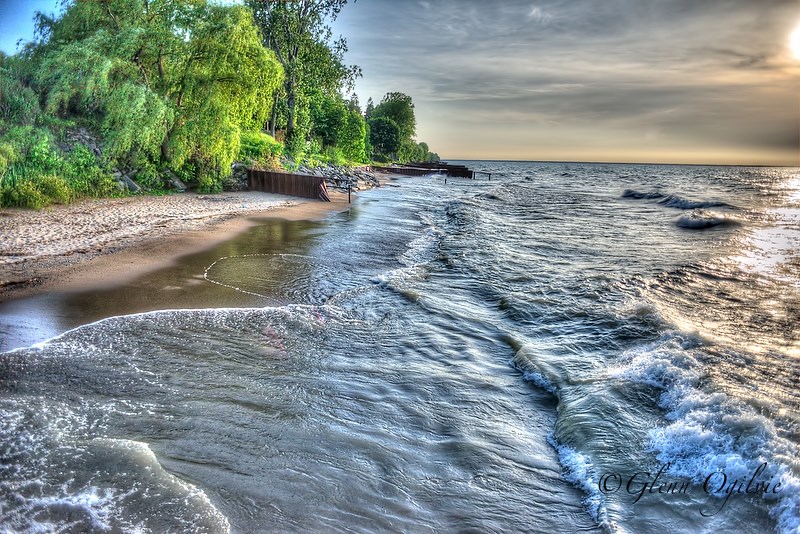
Susan MacFarlane
“Water, water everywhere but not a drop to drink.”
I often think of that saying when I wade into a salt-water-filled ocean. It reminds me that while 70% of the earth is covered in water, only 2.5% of it is fresh, drinkable water.
I feel very fortunate to live in Sarnia and be surrounded by clean and abundant water for drinking that requires very little treatment. With a population of 72,000, it’s a good feeling that we’re not above the carrying capacity for our potable water supply.
I remember the Walkerton Tragedy in May of 2000, when seven people died and thousands were sickened by well water contaminated with harmful bacteria. It’s a reminder to all of us we can never take water for granted.
Because of that tragedy, municipalities are now responsible for implementing Source Water Protection policies, which were developed under the regulations of the Clean Water Act of 2007.
In Sarnia-Lambton, fuel and fertilizer storage for industrial, commercial and agricultural operations were identified as significant threats to our drinking water.
Policies are now in place to ensure the storage of these threats near water bodies that supply drinking water is done using best practices to ensure ongoing protection.
How can we protect our water supply?
Take care in what you pour down the drain or flush down the toilet (no oil, grease, or pharmaceuticals).
Don’t put garbage or other contaminants in storm drains.
If you go to the beach, pick up your garbage including cigarette butts.
Conserve water use in your homes. Remember, every drop of water sent down your tap and toilet has to be treated at the wastewater treatment plant, which means energy and chemical costs.
Try to direct runoff from your home to grassed areas instead of the pavement, so the water enters the ground and the hydrologic cycle as quickly as possible with as little contamination as possible.
Get a rain barrel and reuse your rainwater for lawn and garden watering.
And if you own a boat, make sure the engine is well maintained so oil and gas aren’t released into the waterway.
I believe these common-sense measures will help ensure we have a clean, reliable water supply for years to come.
I also hope people in Sarnia understand not every community in Ontario, or around the world, has such an abundance of fresh water.
We need to do our part to conserve and protect it.
Susan MacFarlane is an Environmental Engineer and a member of the Sarnia Environmental Advisory Committee.
